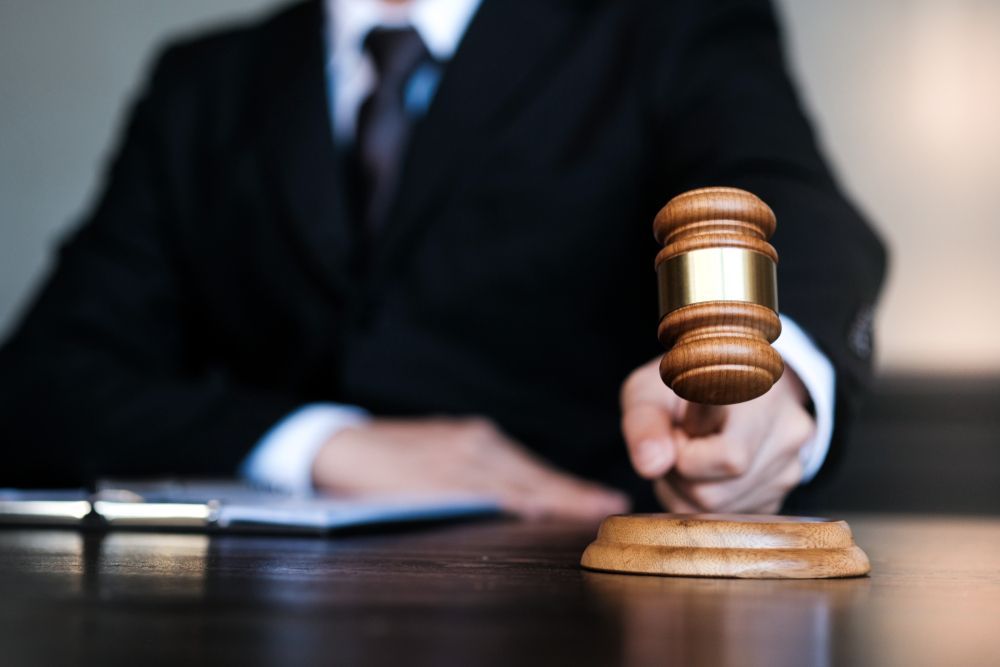The role of a prosecutor is pivotal in the criminal justice system, serving as the advocate for the state in criminal proceedings. Prosecutors play a crucial role in upholding justice, ensuring that the guilty are held accountable for their actions while protecting the rights of the accused. This article explores the responsibilities, ethical considerations, and challenges faced by https://www.cryptomellow.com/ prosecutors in their pursuit of justice.
Table of Contents
ToggleCase Review and Charging Decision:
Prosecutors carefully review evidence presented by law enforcement to determine whether there is sufficient basis to file criminal charges. They must weigh the strength of the evidence, legal sufficiency, and the likelihood of obtaining a conviction at trial.
Legal Advocacy:
Prosecutors represent the state in court proceedings presenting evidence, examining witnesses, and making legal arguments. They must adhere to ethical standards, ensuring a fair trial for the accused while vigorously pursuing justice.
Negotiating Plea Bargains:
Prosecutors often engage in plea negotiations with defense attorneys to reach agreements that resolve cases without going to trial. This involves considering the severity of the crime, the defendant’s criminal history, and other factors to determine an appropriate plea deal.
Legal Research and Analysis:
Prosecutors must stay abreast of legal developments, precedents, and statutes to make informed decisions and arguments in court.
Victim Advocacy:
Prosecutors work to ensure that victims of crimes https://cryptopamphlet.com/ receive support and that their rights are respected throughout the legal process.
Ethical Considerations:
Prosecutors are held to high ethical standards, and their conduct is closely scrutinized. Some key ethical considerations include:
Duty to Seek Justice:
The primary duty of a prosecutor is to seek justice, not merely to secure convictions. This includes disclosing exculpatory evidence that could benefit the accused.
Fair Treatment of Defendants:
Prosecutors must treat defendants with fairness and respect, refraining from using improper tactics to gain an advantage.
Credibility in Court:
Maintaining credibility is essential. Prosecutors should not make misleading statements or present evidence they know to be false.
Challenges Faced by Prosecutors:
Prosecutors encounter various challenges in their pursuit of justice:
Case Overload:
Heavy caseloads can strain resources and impact the ability to thoroughly review each case.
Public Scrutiny:
Prosecutors often face public scrutiny and pressure, especially in high-profile cases, which can affect decision-making.
Balancing Justice and Compassion:
Striking the right balance between pursuing justice and showing compassion, particularly in cases involving mitigating circumstances, is a delicate task.
Conclusion:
The role of a prosecutor is multifaceted, requiring a commitment to justice, ethical conduct, and a deep understanding of the law. Prosecutors serve as key players in the criminal justice system, ensuring that the principles of fairness, accountability, and the rule of law are upheld. Their work is essential in maintaining the delicate balance between protecting society and safeguarding the rights of the accused.

